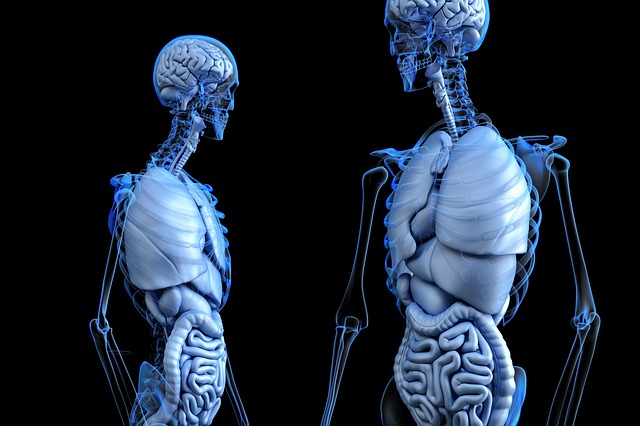
In a milestone breakthrough, an International team of researchers led by scientists at the University of California has identified a system of communication networks that exist between various organs and tissues responsible for regulating metabolism.
The findings of this new study provided illustrated details on how the body creates and uses energy and the negative impacts on the human body when this system faces imbalances.
The study report published in the latest edition of Journal Cell reveals that disruptions in the Circadian rhythm usually caused by high-fat diets will directly influence the alignment of body network clocks, and will, in turn, cause inflammation. This trigger of inflammation could result in various illness, and it will also drastically affect the lifespan of the person.
It was Paolo Sassone-Corsi, the lead author of the study who initially showed the circadian rhythm-metabolism link around 10 years ago. In his past research, Sassone-Corsi identified the metabolic pathways through which circadian proteins sense the energy levels present in cells.
"The human body is a complex, beautifully integrated system that functions at optimum efficiency when the networks are in balance. When this system is disrupted through misalignment among organs, the body will function at a less-than-optimum level, which may lead to disease. We are presenting a map that illustrates how to achieve the best health possible through proper balance and homeostasis," said Sassone-Corsi.
During the study, researchers led by Sassone-Corsi analyzed a variety of genetic clocks which determines the day-night pattern of metabolic activity. The team later tested the effects of a high-fat diet on these genetic clocks. Research conducted on mice revealed that high-fat diets and various other external factors can disrupt the coordinated metabolic functioning.
"The effects of the high-fat diet give evidence that external factors can disrupt the coordinated metabolic pattern. We can now create an approach to personalized medicine based on an individual's circadian metabolism. Metabolic profiling is a big-data method of optimizing metabolic health," added Sassone-Corsi.
The research team is now apparently planning to study more on the circadian-controlled metabolic networks in other organs and tissue groups.









